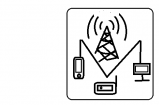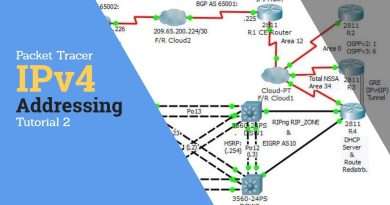LPC2019 – Future ipv4 unicast extensions
Future ipv4 unicast extensions
Speaker
Dr Dave Täht (Bufferbloat.net)
Description
IPv4’s success story was in carrying unicast packets
worldwide.
Service sites still need IPv4 addresses for everything,
since the majority of Internet client nodes don’t yet
have IPv6 addresses. IPv4 addresses now cost 15 to 20
dollars apiece (times the size of your network!) and
the price is rising.
The IPv4 address space includes hundreds of millions of
addresses reserved for obscure (the ranges 0/8, and
127/16), or obsolete (225/8-231/8) reasons, or for
« future use » (240/4 – otherwise known as class E).
Instead of leaving these IP addresses unused, we have
started an effort to make them usable, generally. This
work stalled out 10 years ago, because IPv6 was going
to be universally deployed by now, and reliance on IPv4
was expected to be much lower than it in fact still is.
We have been reporting bugs and sending patches to
various vendors. For Linux, we have patches accepted
in the kernel and patches pending for the
distributions, routing daemons, and userland tools.
Slowly but surely, we are decontaminating these IP
addresses so they can be used in the near future.
Many routers already handle many of these addresses,
or can easily be configured to do so, and so we are
working to expand unicast treatment of these addresses
in routers and other OSes. We plan an authorized
experiment to route some of these addresses globally,
monitor their reachability from different parts of the
Internet, and talk to ISPs who are not yet treating
them as unicast to update their networks.
Wouldn’t it be a better world with a few hundred
million more IPv4 addresses in it?
Views : 102
ipv4
Source by Linux Plumbers Conference




